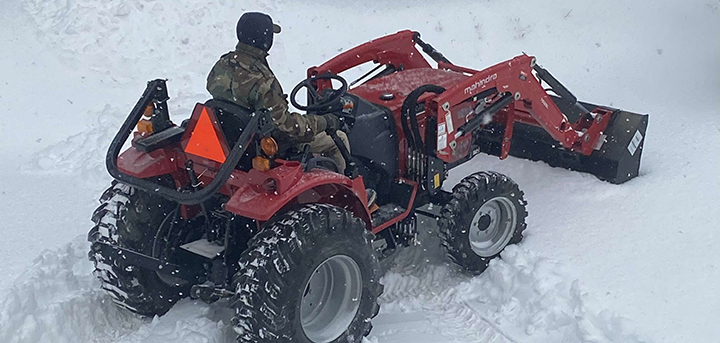For the health of it: Health risks of feeding feral cats
What is a feral cat? A Feral cat describes a domestic cat which has been born in the wild, or the descendants of such an animal, which has had little or no contact with humans. It becomes fearful of humans and is non-socialized. It is different from a stray cat, which has been kept as a pet, lost, or abandoned. The offspring of a stray cat can be considered feral if born in the wild and not socialized with people.
One of the biggest problems with feeding feral cats is that they begin to congregate together in one location and reproduce. The group can grow quickly in numbers because most are not spayed or neutered. A cat can become pregnant as early as 5 months of age. Overpopulation is a serious concern.
In large numbers, feral cats can pose many health hazards to the community. They can damage property, urinate and leave feces on personal items, and often kill many other animals like birds, reptiles, and amphibians. Feral cats can also spread rabies to humans through saliva, a scratch, or a bite. If a person comes into contact with a feral cat that cannot be caught, he or she must undergo rabies vaccinations. The feral cats can spread diseases to each other also; like feline leukemia, feline immunodeficiency virus (FIV), feline panleukopenia (also known as feline distemper), and rabies.









Comments